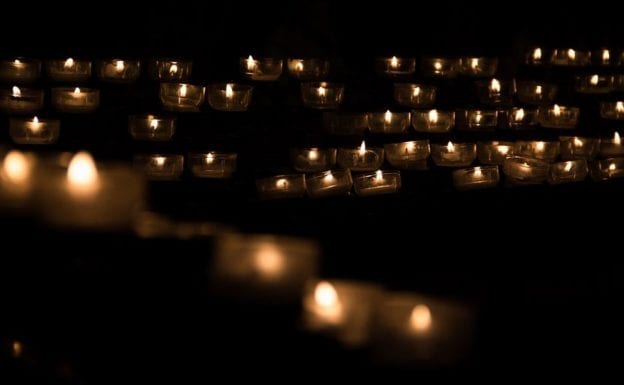Before loved ones who have died are transported to funeral homes in Sterling Heights, MI, it is highly likely that their deaths are already made public on social media. While mourning the death of someone we love and expressing grief in this kind of public venue has become more common, there are still some guidelines that should be followed to show respect and honor to the memory of the deceased and to their grieving families.
Although social media is designed to feel like a collective experience, if we are not the family who’s experienced the death of a loved one for whom they are grieving, we should be mindful of how we express our own grief and how we interact with them and what we post about them and their loved one.
One of the guidelines that we should follow is not to post anything about the death until the family, if they choose to, posts about it first. However, the family who has lost a loved one should let other family members and close friends know about the death by phone or email before posting it online. It can be quite shocking to get the initial news about a family member or close friend via Twitter or Facebook, and it is generally considered poor taste that family members and close friends hear about the death of someone they care about in this manner.
If the family of the deceased chooses not to post anything about the death on social media, then no one else should either. Some people handle death and grief very privately, and we show them and their loved one respect by honoring that privacy.
Another guideline regarding death and social media is not to slam the grieving family with posts and messages, and don’t expect personal replies to messages.
As much as much we humans avoid death for ourselves, we have a morbid curiosity about the details of the deaths of other people. It is in very poor taste to ask the grieving family for details about how their loved one died. With overdose deaths and suicides on the increase in America, this invasion of privacy can cause even more grief and suffering for the family.
The family is emotionally overwhelmed and they have many details to attend to regarding the death itself, so finding the time or the energy to answer messages will be impossible. It is, however, okay to post or send a brief message of condolence and support. The family, although they will not be able to respond to each one personally, will appreciate your care and concern.
A third guideline is to be circumspect about photos and selfies. It is not appropriate to take photos of funerals or selfies at funerals and post them online. The family of the deceased may choose to post select photos online, but they are the only ones, from a decorum aspect, who can do this. Anything else is disrespectful to the bereaved family and their loved one.
Finally, some families choose to leave their loved one’s social media accounts active after they die. Facebook turns these into memorial pages at some indeterminate point based on the data from posts that says the person died.
Sometimes families will leave the social media accounts open as a way to help them through the grieving process. If you choose to post on the deceased’s account, consider who will read your posts. If you send a private message (PM), only the person in their family who is monitoring the account will be able to read it. However, if you post it directly to the account, anyone who can see the account will be able to read it.
For more social media and death guidelines from funeral homes in Sterling Heights, MI, our compassionate and experienced staff at Lee-Ellena Funeral Home can help. You can come by our funeral home at 46530 Romeo Plank Rd., Macomb, MI, 48044 or you can contact us today at (586) 412-8999.





